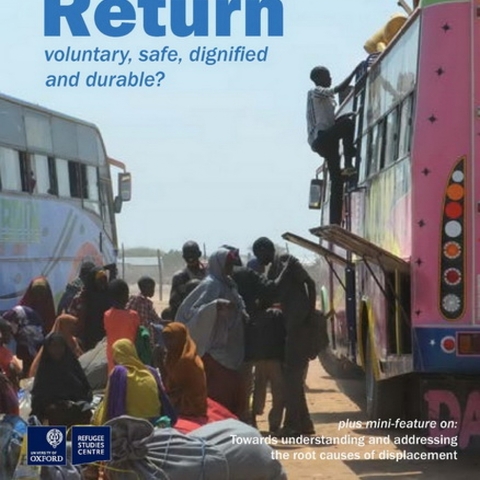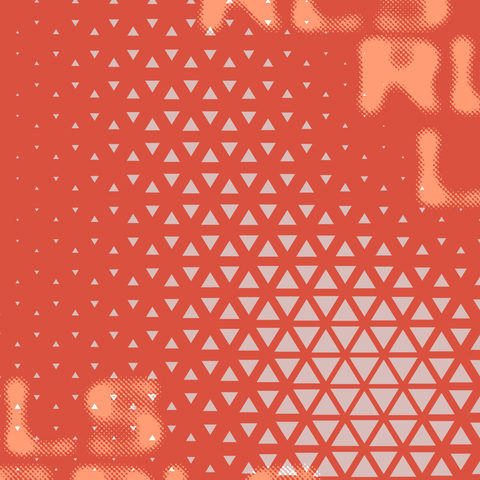Lebanon’s Revolt Against Elites
The announcement of new taxes sparked unprecedented protests in Lebanon. For weeks, protesters have taken to the streets across the country to demand the resignation of its leaders.
At the heart of Beirut’s downtown, ghost-like since the 2005 protests that led to the end of the Syrian occupation, burned tires and wooden planks overshadow the store windows of banks and luxurious boutiques. Making their way through the smoke, middle-aged men pull pieces of metal out of the ashes, hoping to sell them later for a couple of dollars.
With the country on the verge of a major economic and financial crisis, one quarter of the Lebanese population lives under the poverty line. That figure provides a sharp contrast to the irreverent wealth of the capital’s center, rebuilt by the company Solidere after the end of the civil war in 1990.
Founded by Rafic HaririRafic Hariri was the prime minister of Lebanon from 2000 until 2004. He was assassinated by a suicide attack in February 2005., who made his fortune in Saudi Arabia, Solidere remains the incarnation of the Lebanese post-war neoliberal project almost fifteen years after the assassination of its instigator.
This project includes anchoring the Lebanese pound to the American dollar, over-borrowing practices aimed at stabilizing the exchange rate, considerable spending increases on "service ministries", and generalized privatization.
Years later, the impact of this neoliberal project is alarming : while Layla, a 68-year-old protester, complains that "these days, even bread feels like a Christmas meal”, Lebanon registers one of the highest debt-to-GDP ratios in the world (approximately 150 percent) and an unemployment rate close to 25 percent of the active population, according to the government.
Caught In the Crossfire
An economic situation that Mohammad, a coffee seller from Tripoli, can no longer tolerate. In this Sunni city of North Lebanon, considered the poorest in the Mediterranean Gulf, massive protests have erupted to the satisfaction of the storekeeper: "If you go to other countries, you have free education, free hospitals. You can drink water from the tap, and you don’t have a million different bills for electricity," he says, referring to the generators which some Lebanese choose to use during the daily power cuts that are provided by private suppliers. "Nothing works anymore because we are even too poor to think", adds Mohammad, before begging for the help of God.
Prayers were also heard in Lebanon three weeks ago, when over one hundred fires erupted due to an exceptional heatwave. As two people died and hectares of land were destroyed, the government failed to assist the population in controlling the fires and mitigating their effects.
Facing a slack political reaction, the Lebanese spontaneously mobilized in the afflicted regions, providing food and water to the local population. Helpers even put their lives at risk as improvised firefighter groups organized themselves. Another example of how, in a country with 18 recognized religious groups, communities are a necessary component of a social fabric successive governments failed to knit.
This intercommunal solidarity is undermined by the the political system, which uses a form of proportional confessional representation in the parliament based on the last demographic census, conducted in 1932. Political leaders cultivate a clientele-like relationship with their supporters. The religious gap, which grew stronger during the civil war of 1975–1990, tends to divert attention from class divisions.
The poorest segments of the Lebanese population tend to be forgotten by political analysts and politicians who seek power and personal gain. In the meantime, Mohammad asks for only one thing: "I just want change."
"They Call for Reforms, We Call for Revolution"
While most of the roads, schools, universities, banks, and shops are now reopening, the calls for a federative organization grow stronger. "People can’t wait much longer before having to go back to work", contends an activist. "Someone who makes 15 dollars per day cannot afford to strike for weeks.”
The government responded to protesters last week by announcing the cancellation of the previously announced taxes and the adoption of a new budget for 2020. In line with previous government economic policies, the structural reforms adopted by parliament perpetuate a neoliberal project that is contested by a growing number of actors from civil society.
Measures includes a 50-percent reduction in allowances for previous and current members of parliament, ministers, and presidents. No new taxes will be implemented, as efforts to reduce the budget deficit will mainly come from reductions to public spending. The Lebanese National Bank will also participate in the economic recovery, by spending up to 5.1 trillion Lebanese pounds in 2020.
This response was judged insufficient by the protesters, who kept the streets full and the roads blocked all over Beirut until the announcement of the Prime Minister Saad Hariri’s resignation on 29 October.
A War Begins to End
Bassel Salloukh, professor of political science at the Lebanese American University, describes the events of the past days as the opening of "a new playing field, because the Lebanese have decided that the civil war is ending now and that we need to create a new Lebanese identity, regardless of sectarian or regional divides."
A revolt that started as the expression of a class struggle "among people who have reached the limit economically and emotionally", according to the professor, and that is now transcending all political, economic, and religious divides.
As the Taif Agreemen-an agreement that was reached in Saudi Arabia to end the Lebanese Civil War and reform the political system-turned thirty on Tuesday, 22 October, its promises have yet to see the light of day.
The measures planned by Taef to end political confessionalism were never implemented, obscuring the "real class struggle going on in the country, camouflaged by sectarianism”, according to M. Salloukh.
People are now asking for the end of corruption, a new electoral law, and the formation of a “cabinet” of independent technocrats to rule the country. As the protesters gather in the streets under the slogans of "We are one" or "We are Lebanese. They are thieves,” it is hard to know what answer to expect from the political and economic elite.
"The political and economic elite will try as much as possible to maintain the sectarian order”, explains Professor Salloukh, adding that "the ability of the political, economic elite to use all the technology of corruption has come to a dead end."
As the protests continue and the government’s propositions are rejected on a mass scale, Bassel Salloukh underlines that "the neoliberal policies are at the heart of the mobilizations in Lebanon, in Chile, as well as in many social movements now occurring in the Global South."

